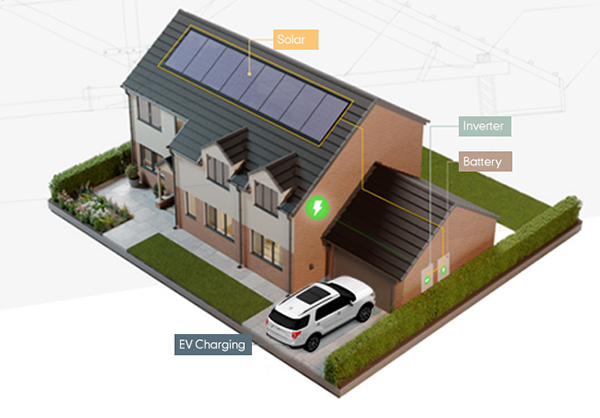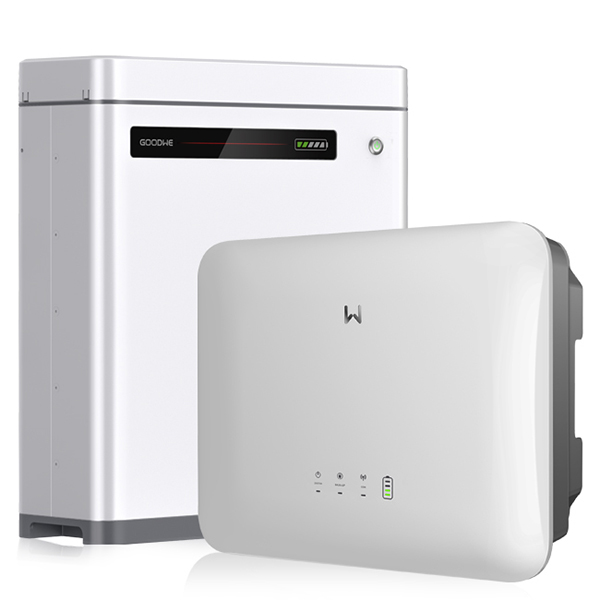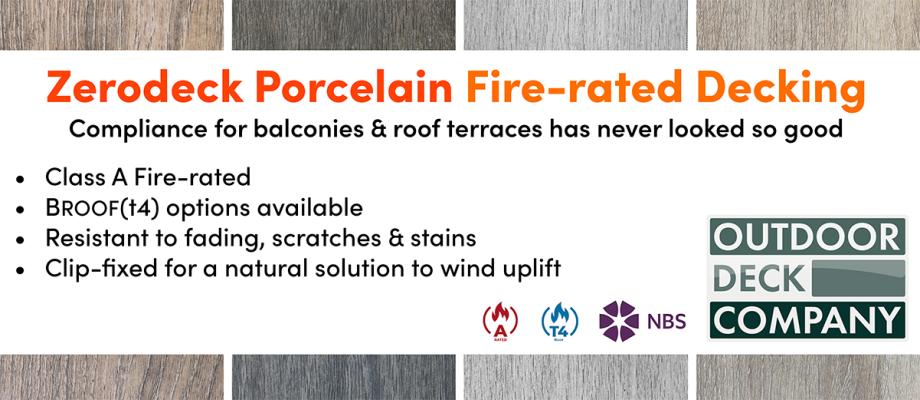Housing associations are increasingly looking to deliver low carbon, energy efficient housing for tenants. As such, the refurbishment, retrofit or new build landscape for housing associations requires continual evaluation.
A combination of government net zero targets and the cost-of-living crisis, fuelled by high energy prices, means the pressure is on for social housing providers to find solutions to the growth of people living in fuel poverty. Yet, in doing so, the sector also needs to remain compliant with the changing legislation demands, which are designed to create a low carbon housing future for all.
The Social Housing Decarbonisation Fund (SHDF) is helping to upgrade a significant amount of social housing stock that is currently below the Energy Performance Certificate (EPC) Band C by providing financial support to local authorities looking to install energy performance measures in social homes.
The latest £80 million grant funding from the SHDF tops up the £800 million of first wave funding, which must be allocated and spent by 2025. As such, this provides a real opportunity for housing associations to make a marked difference to social housing energy efficiency improvements around the UK.
To ensure smart specification across the sector, it will be increasingly important that the supply chain housing associations use provides reassurance and easy access to a range of solutions that can meet energy efficiency, safety and long-term performance targets.
In response, Marley continues to support the housing association sector with further additions to its growing renewable systems package.

Marley’s integrated solar PV full roof system. Image © Marley
New inverter and battery storage solutions from Marley
Now available as part of our established integrated solar PV full roof system, Marley is offering the ES G2 hybrid inverter, which can be combined with the new Lynx Home U Series battery storage as components of a system. This can also be complemented by a Clearline EV Charging Point to provide housing associations with a single-source solution to deliver a comprehensive roofing and renewable technology package that offers power from the roof, through the home, to the road for tenants.
The new low voltage lithium battery, as an energy storage option, is compatible with the new ES G2 Hybrid inverter – a compact and highly efficient inverter designed to supplement rooftop solar PV systems, such as Marley SolarTile®. The package allows tenants to optimise and store energy from a sustainable source via the roof and tackle the pressure of rising energy bills. The ES G2 Hybrid inverter provides an AC output range from 3.6 to 6.0 kWh, whilst the battery offers a 5.4 to 32.4kWh wide capacity range.

Marley’s ES G2 hybrid inverter and Lynx Home U Series battery storage. Image © Marley
For housing association contractor teams, installation is quick and highly flexible, with the hybrid inverter’s compact design meaning it can be positioned out of sight in cupboards or loft spaces. Both the battery and inverter also come with IP65 protection for safe outdoor installation if required. Installation times are also further reduced thanks to the pre-wired inverter, which saves time on site.
Ideal for residential applications, the battery and hybrid inverter combination can support housing associations with the delivery of social housing that is more energy efficient, while helping to reduce energy costs for tenants.
The addition of the battery and hybrid inverters enhances Marley’s SolarTile® offering, which can be installed as a fully integrated roofing system from one manufacturer.
For more information on the latest additions to Marley’s growing renewable systems package, visit www.marley.co.uk/renewable-solutions
Images © Marley
- Log in to post comments















